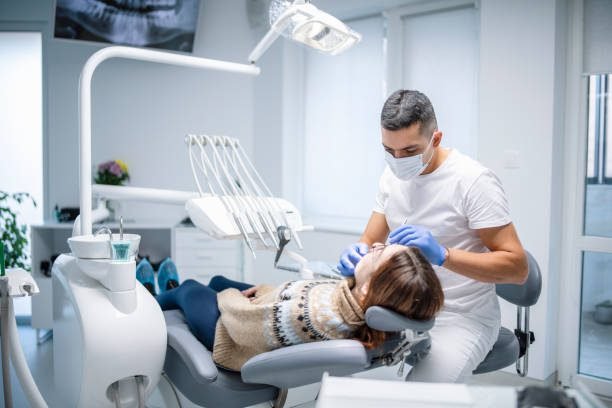When it comes to taking care of our teeth, we often have the choice between NHS and private dentists. But what exactly are the differences between these two options? In this article, we’ll explore the distinctions between NHS and private dentistry, covering everything from treatment options to costs and availability. By the end, you’ll have a clearer understanding of which option might be best for you and your dental needs.
Treatment Options:
NHS: NHS dentistry primarily focuses on treatments deemed clinically necessary for maintaining oral health. This includes essential services like check-ups, emergency appointments, X-rays, and common treatments such as fillings, crowns, and dentures. However, some cosmetic procedures like teeth whitening and composite bonding may not be covered under NHS care.
Private: Private dentistry offers a broader range of services beyond basic oral healthcare. In addition to regular check-ups and fillings, private dentists provide cosmetic treatments like teeth whitening, veneers, and composite bonding. They also offer more complex procedures such as dental implants and various orthodontic systems, along with personalised smile makeovers to achieve your ideal look.
Length of Appointments:
NHS: NHS dental check-ups typically last around 10-15 minutes on average, though this can vary based on individual needs or any treatment required during the appointment.
Private: Private dental appointments tend to be longer, allowing for more thorough examinations and discussions about treatment options. At private practices, check-ups can last between 20 to 30 minutes, ensuring ample time for addressing any concerns or questions.
Eligibility:
NHS: NHS dental care is available to everyone in the UK, with certain groups eligible for free treatment. This includes individuals under 18, those under 19 and in full-time education, and individuals falling under NHS exempt criteria, such as pregnant women and new mothers.
Private: Private dental care is accessible to anyone without the need for specific eligibility criteria or insurance. Patients simply need to inquire about becoming a private patient at their local dental practice.
Cost of Services:
NHS: For those not eligible for free NHS dental care, the cost is subsidised by the government. However, there is a three-tier pricing system in England and Wales, and patients in Scotland may need to cover 80% of treatment costs.
Private: Private dental care generally comes at a higher cost compared to NHS services. However, patients gain access to a wider range of treatments and services, with prices varying between practices.
Availability:
NHS: NHS dental practices may have limited availability for new patients, sometimes resulting in waiting lists for appointments. However, private appointments may be readily available, offering greater flexibility, including evenings and weekends.
Private: Private dental practices often have more flexibility in scheduling appointments, including extended hours and weekends, making it easier for patients to access care when needed.
Also read: What Happens If I Can’t Find an NHS Dentist?
Continuity of Care:
NHS: NHS patients may not always see the same dentist for each appointment, though some practices do offer continuity of care for their NHS patients.
Private: Private patients have the option to choose their dentist and can typically see the same practitioner for each visit, promoting continuity of care and familiarity.
Mixing NHS and Private Treatment:
If you’re an NHS patient and require a treatment not covered under NHS care, you can opt to pay privately for the procedure. This allows for flexibility in accessing additional services outside of NHS coverage.
Conclusion:
The differences between NHS and private dentistry encompass various aspects, including treatment options, appointment lengths, eligibility, costs, availability, and continuity of care. Understanding these distinctions can help individuals make informed decisions about their dental care needs. Whether you opt for NHS or private dentistry ultimately depends on your preferences, budget, and specific dental requirements.
Ready to experience personalised dental care tailored to your needs?
Contact GK dental implant & cosmetic clinic today to schedule your appointment and discover the right path for your dental health journey.
Frequently Asked Questions (FAQs)
Can I switch between NHS and private dentists?
Yes, you can switch between NHS and private dentists based on your preferences and needs for specific treatments or services.
Are cosmetic procedures covered under NHS care?
Generally, cosmetic procedures like teeth whitening are not covered under NHS care but are available through private dentistry.
What if I need a treatment not covered under NHS care?
If a treatment isn’t covered under NHS care, you can opt for private treatment, allowing for greater flexibility and access to additional services.
Do private dental appointments cost more than NHS appointments?
Yes, private dental appointments generally come at a higher cost compared to NHS appointments due to the wider range of services available.
Can I see the same dentist for every appointment?
Private patients typically have the option to see the same dentist for each visit, promoting continuity of care and familiarity with the practitioner.







